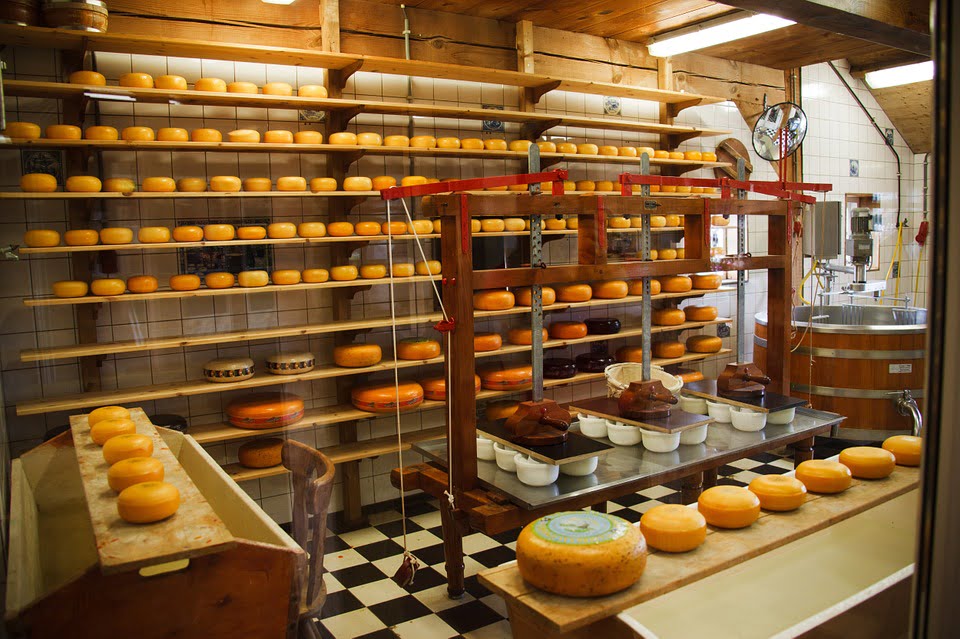If your recipe of a particular beverage or dish becomes a hit, you’ve probably been told more than once to consider selling it. You might be hesitant if you don’t have a background or degree in business, but the great news is your novice status doesn’t make you unqualified to do business. Anyone can be a successful entrepreneur, as long as you know how to start and run your Food Manufacturing Business effectively.
Start with baby steps such as selling to family, friends, or local fairs. When you’ve already got a considerable number of people buzzing about your product, treat it as a sign that you can now start selling in grocery or gourmet stores.
Here’s everything you need to know before getting started:
1. Invest in a Good Facility and Equipment
Once you’re ready to tap retail channels, your business facility will be extremely crucial. Big-time food retailers aren’t likely to trust you if you operate at home. For starters, renting an excellent facility will be the most practical. Still, you can also build your own and purchase production equipment such as top-notch tabletop conveyor belts for various kinds of food and beverage products, for example. If either is infeasible for you, you can outsource your production to another Food Manufacturing Business.
2. Hire a Food Broker

Getting your product sold at groceries or gourmet shops isn’t as simple as walking into their premises and speaking with the manager. If you want to earn their attention and interest, hiring a food broker might be helpful. They’ll be your representative as you negotiate with the food retailer’s corporate buyer. Food brokers can also give you advice on the requirements of the Food and Drug Administration, as well as local health and packaging needs, and even expert suggestions on marketing and packaging design.
3. Fees Involved
Distributing your product to food retailers involves specific fees. Depending on the chain, the “slotting fees” can cost you up to $25,000. Some food retailers can also charge you for promotional and advertising services. If your product doesn’t sell well, you can be charged a “failure fee.” Take note of these financial risks before getting started.
4. Know the Inevitable Issues
Food is a perishable product, which is already an issue in itself. Some grocers require products to have a particular shelf life before allowing you to carry it; hence, you need to add preservatives to your products, which can only be done in professional labs. Other than that, manufacturing on a larger scale could mean that you’d need new sources of ingredients, which could potentially alter your original recipe a bit. In this case, the assistance of a Food Manufacturing Business of a food consultant or scientist might be necessary so that the quality and taste of your product would not be compromised.
The safety of your product is also crucial. Make sure to abide by the regulations of the government regarding everything in your business- facility, ingredients, labeling, etc.
Success Tips
Like in any other type of business, market research is also essential in Food Manufacturing Business. You always need to be sure that your products suit the preferences of your target market. Your ads should showcase what makes your product unique and a cut above the rest. Branding is also crucial to secure your favorable standing in the market. It’s what makes your products easily recognizable and what makes customers trust them and your company.
A strong online presence is also indispensable. Foodies are always on the lookout for a new hot product, so don’t miss the opportunity to call their attention. Instagram is brimming with food reviewers and bloggers, so regularly post high-quality images of your products and use relevant hashtags to reach a vast number of potential customers.
The guidance of business consultants and other experienced professionals are also vital, especially as a novice in the industry. Your success is more likely guaranteed with reliable experts on your side. Read books or enroll in a course in food science. Running a business requires consistent, updated knowledge, so take all the opportunities for learning something new.
Read Also:




























